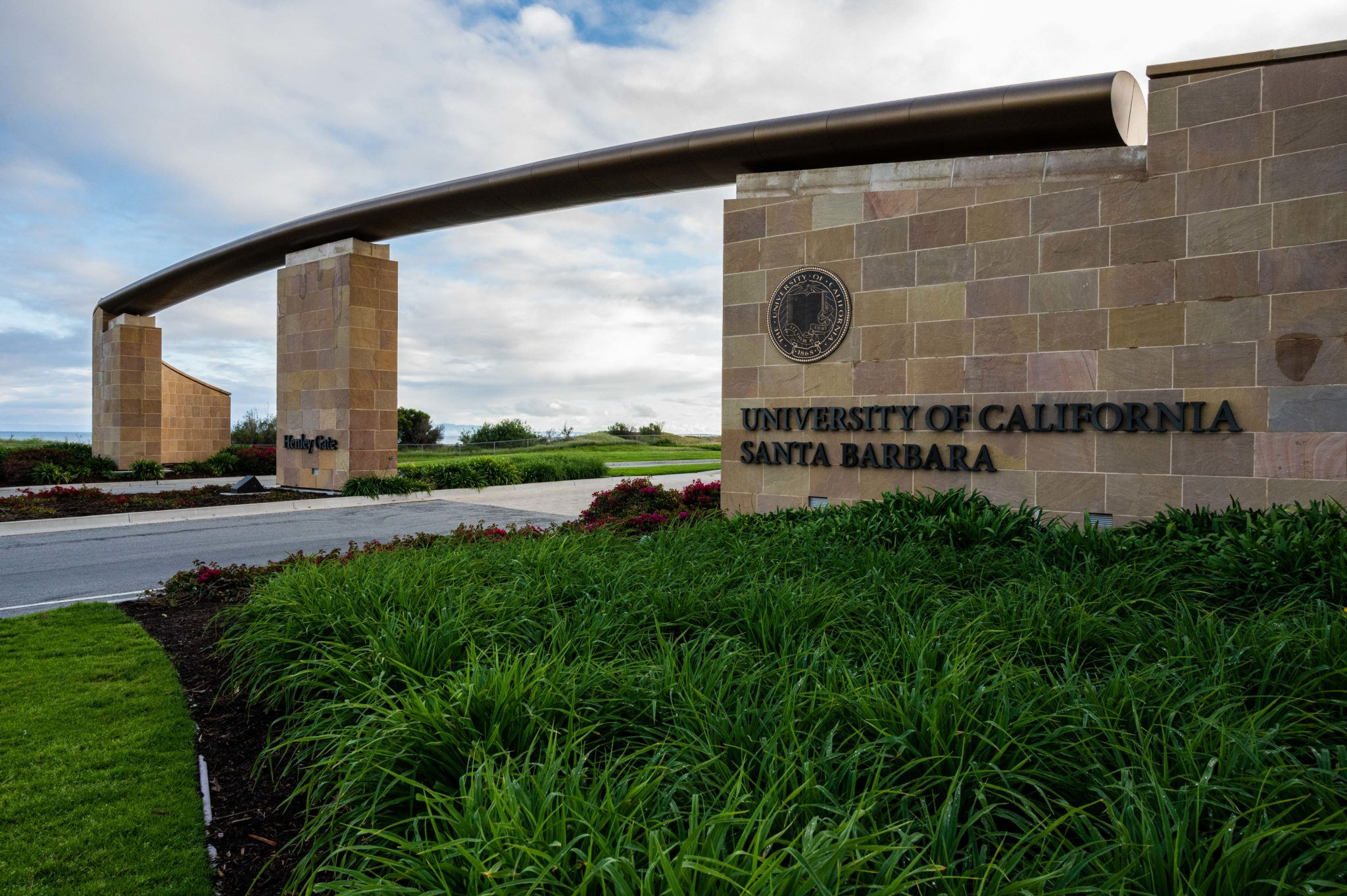As the COVID-19 pandemic continues to disrupt in-person operations, UC Santa Barbara’s Campus Advocacy, Resources & Education Center has devised new online services this fall quarter to continue supporting survivors of sexual violence and sexual harrassment in a digital landscape.

The Campus Advocacy, Resources & Education Center UC Santa Barbara serves the campus and Isla Vista community through preventative and intervention services for sexual assault, relationship violence, stalking and harassment. Max Abrams / Daily Nexus
The Campus Advocacy, Resources & Education Center (C.A.R.E.) at UC Santa Barbara serves the campus and Isla Vista community through preventative and intervention services for sexual assault, relationship violence, stalking and harassment. All online services are free, confidential and available to students, staff and faculty of all identities, according to C.A.R.E’s website.
C.A.R.E. normally focuses on crisis response, informing students of their legal rights and providing advocacy services. But new online programs have expanded C.A.R.E.’s services beyond traditional one-on-one sessions to workshops that foster a sense of community and involve holistic healing methods, Briana Conway, C.A.R.E. director, said in an interview with the Nexus.
“These [online] expansions are centered around the importance of creating and honoring the importance of community,” Conway continued.
“Thriving, Not Just Surviving” is a multi-week workshop series that provides alternative holistic healing methods for survivors, focusing on creative outlets and community building to decrease feelings of isolation, Conway said.
The program, which was started last year by Lauren Roberts ‘20, has been redesigned to be hosted over Zoom and began on Oct. 21, according to Conway.
Rather than centering around sharing personal disclosures, workshops include activities like yoga, creative expression and boundary work to develop self-reflection skills, according to C.A.R.E.’s website.
Another new service, Survivors Connect, is an anonymous online forum moderated by trained trauma-informed specialists from C.A.R.E. and Counseling & Psychological Services (C.A.P.S.) for survivors that have experienced interpersonal trauma, abuse or violence, according to its website.
The forum was envisioned by C.A.P.S. psychologist and interpersonal violence specialist Kali Lantrip and created in September in collaboration with C.A.R.E. staff, Conway said.
“With the transition to remote instruction and remote services at both C.A.R.E. and C.A.P.S., it became imperative to expand our traditional methods of services provision,” she continued.
The forum can be accessed through direct referral by C.A.P.S. or C.A.R.E. and is structured with prompts based on experiences shared among survivors, Conway said.
“Many survivors do not feel ready to join one of the C.A.P.S. support groups for interpersonal violence, but are still looking for a sense of community and social support regarding the trauma they went through. This website allows survivors options in how they approach their healing journey,” Lantrip added.
The Resource Center for Sexual and Gender Diversity (RCSGD) is offering support services specifically to LGBTQIA+ survivors. RCSGD Associate Director Quinn Solis will be serving as a Title IX Advocacy Liaison. Their position as a mandated reporter under the UC Sexual Violence and Sexual Harassment Policy will not apply to this new role.
“[This] means that students and others can freely disclose their experiences to me, learn about their options and be connected to various resources across campus,” Solis said.
According to Conway, the collaboration between C.A.R.E. and the RCSGD and the creation of Solis’s expanded role as a confidential service came from ongoing dialogues about how best to address the needs of LGBTQIA+ survivors at UCSB.
“Since the RCSGD is the main campus resource for LGBTQIA+ community, it is likely that survivors who [are] LGBTQIA+ would seek support and community at the RCSGD due to fears of rejections, denial of services and further exclusion,” Conway said.
“By being designated confidential, Quinn Solis will be able to create an environment of empowerment and ensure that this community can continue to receive support at a site that may be most accessible or known to them,” she continued.
Lantrip emphasized the importance of community in healing from sexual violence and harrassment. The hope is that these programs provide convenient and multi-faceted pathways for healing while building providing space to build relationships and combat feelings of isolation, she said.
“It is a vital part of the healing process to hear from others that you are not alone, and that your experience and the healing process is similar and valid,” Lantrip said. “In the current remote learning environment, this has become more important than ever.”















